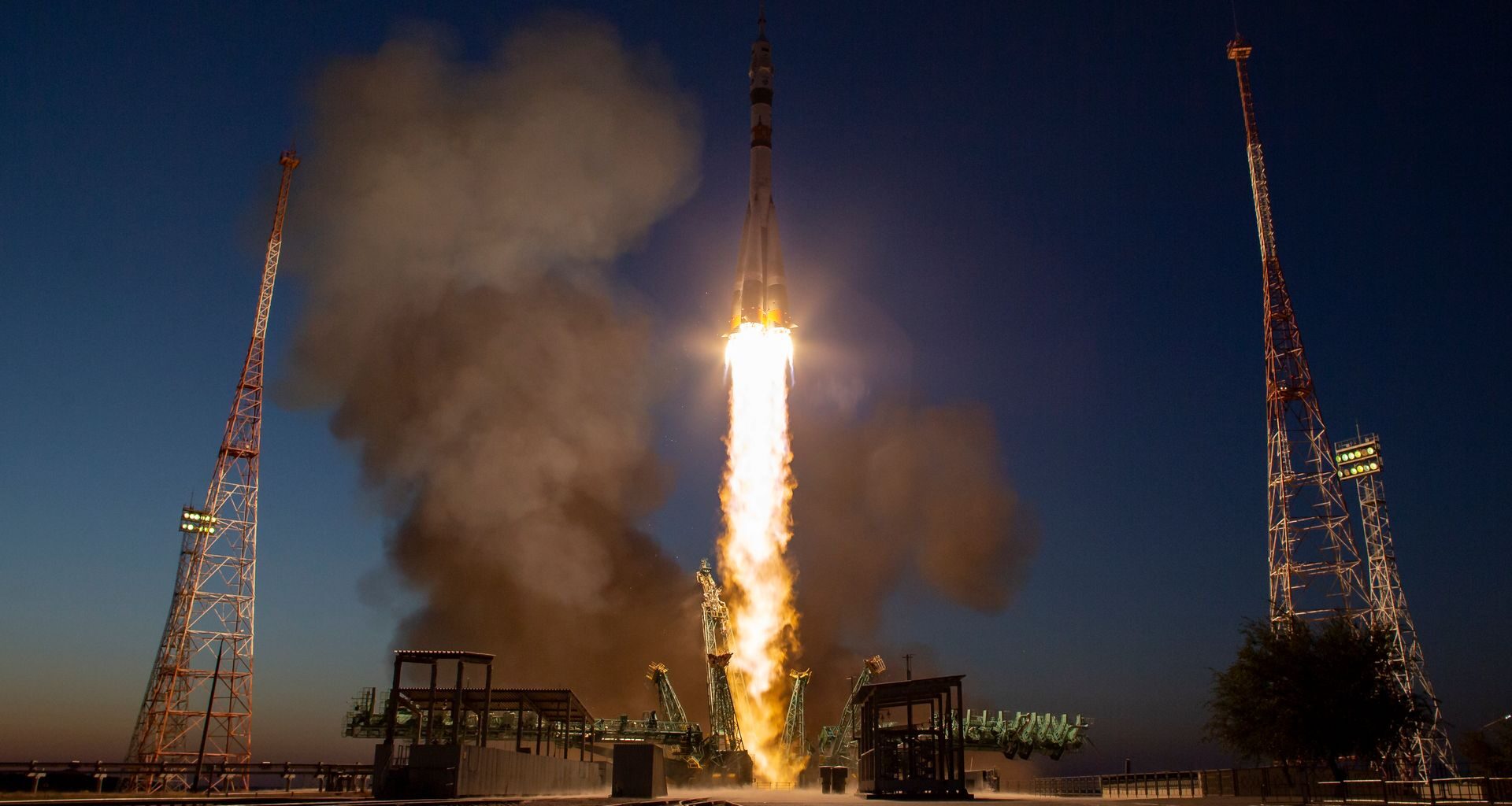Russia’s Roscosmos space agency reported on Nov. 27 that the launch pad at the Baikonur Cosmodrome in Kazakhstan sustained damage during the Soyuz MS-28 liftoff to the International Space Station.
Although the spacecraft carrying two Russian astronauts and one from NASA docked safely with the ISS, inspections revealed that a movable servicing cabin beneath the pad had collapsed immediately after launch.
The crew members are scheduled to remain at the station for eight months, with their return to Earth expected in late July 2026.
The damaged cabin is crucial for preparing crewed Soyuz and Progress missions, and its loss could lead to indefinite delays, according to Independent Russian media outlet Meduza.
“All the necessary reserve elements are there to restore it and the damage will be eliminated very soon,” Roscosmos stated.
The incident leaves Russia temporarily unable to conduct crewed launches, marking the first such disruption since 1961.
Space exploration has remained one of the few areas of continued cooperation between Russia and the U.S., even after Washington severed diplomatic ties and imposed sweeping sanctions in response to the full-scale invasion of Ukraine in 2022.
Bilateral ties warmed somewhat after U.S. President Donald Trump’s inauguration and his outreach to Moscow. Earlier this year, several Russian officials urged closer cooperation in technology and space exploration with the U.S., namely with Elon Musk’s SpaceX company.
Russia building its alternative to Starlink, space agency head says

